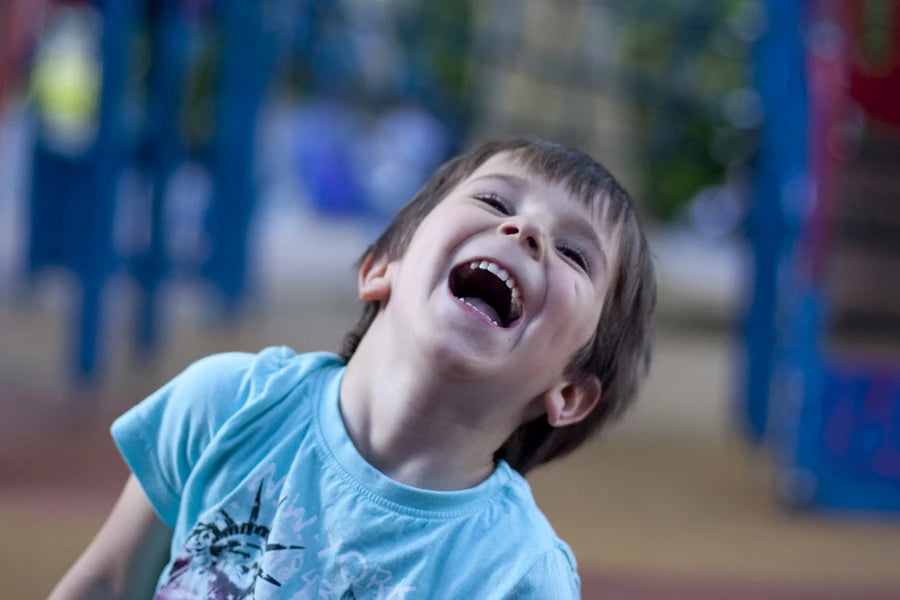
“You are Wonderful!” How Praise Triggers Better Control in the ADHD Brain
BY
Source article: https://www.additudemag.com/adhd-praise-positive-parenting/
...
No one wakes up each day hoping to disappoint everyone in his or her life. Scheming for ways to get in trouble. Looking for negative attention. I remembered myself at her age — all I wanted was the love and praise of my parents. Their pride was like rocket fuel. And my poor child was getting sorely little of that, no matter where she turned.
It was then I realized: instead of asking her to change, I needed to ask it of myself.
1. We named it Kevin. In narrative psychotherapy, people are helped to feel less shame and more in control by “externalizing” the behavior or disorder. It isn’t you; it is something that visits you or happens to you.
So, whenever my daughter’s hyperactivity showed up in the form of bad behavior, we’d say, “Oh, look! It’s Kevin!” (after the bird in the movie, UP, because her noises and silliness were like him). By doing so, it kept her mindful of her actions in a way that wasn’t shaming. And, it kept us smiling with the silly image of the bird, instead of annoyed by her behavior.
[Free Download: 50 Best Discipline Tips for Kids with ADHD]
2. Smother her with love. Kids with ADHD need their unconditional love bucket filled all day, even more than most, because they are constantly questioning their worth. After she’d done something wrong, I’d wrap her in my arms and squeeze, “Oh, dear! I see what you’ve done, and I love you all the same. You’ll get it next time.” Feeling and sharing love instead of frustration made me feel better, and made her feel less shame over something she couldn’t control. There would be plenty of time later to dissect what went wrong and what she could try differently.
3. Home is where the mistakes are. Home should be a safe place to make mistakes, and to know that all will be forgiven. Mistakes are how we learn. If we yell at a child for a mistake that he or she can’t control because of an impulsive brain, that child’s take-away will be that they are bad. Instead, with humor and love, I’d say, “Oops! Looks like Kevin was in control just then. If we ask Kevin to leave, what could you do differently?” This way, she was less likely to get defensive and lie, and mistakes became a learning opportunity.
4. I’m laughing with you, not at you. I was tired. Exhausted really. Keeping up with her antics, energy, disorganization, aggression — it was parenting overdrive. It was so easy to get annoyed, to yell, to be frustrated. Then I wondered, instead, if I could laugh. It sounds crazy, I know. But try it.
The next time she did something wrong, I greeted it with laughter. Late for school again, forgot her homework, room a mess, won’t go to sleep, won’t sit down to eat — really, none of it is the end of the world. Worse, for me and for her, was the gut-wrenching sense that she was bad and a disappointment. Laughter kept me sane.
5. You are wonderful! Imagine you’re at work, and all day long your boss and co-workers point out all the things you are doing wrong. You go home, and your family does the same thing. Day after day. How would you feel about yourself? And, about them?
If all they ever see are your mistakes, would you give up? Imagine instead, if all day long, they find what you are doing right. And they tell you how wonderful you are. It would feel great. And, it would inspire you to try to be wonderful tomorrow, too. When you praise your child, it creates dopamine — the neurotransmitter his or her brain lacks, which causes the ADHD symptoms — and the dopamine helps to better control behavior. So he or she can do more wonderful tomorrow. Win, win!
...
Follow link to full article
Leave a comment
Also in ADHD Natural News

The ADHD Overdiagnosis Epidemic Is a Schooling Problem, Not a Child One



